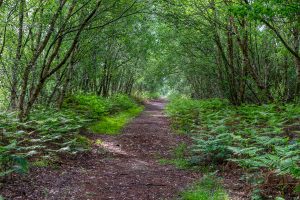The Isle of Axholme and Hatfield Chase Landscape Partnership is helping to reconnect residents of the area with their unique local landscapes and interesting cultural heritage. Funded by the National Lottery Heritage Fund, this Programme was made possible thanks to National Lottery Players.
North Lincolnshire Council has led this 5 year project, working alongside partners including Natural England, the Canal & River Trust, Crowle Peatland Railway, Heritage Lincs and Doncaster Metropolitan Council.
You can find out more details about the different projects delivered on the Map or Projects page.


